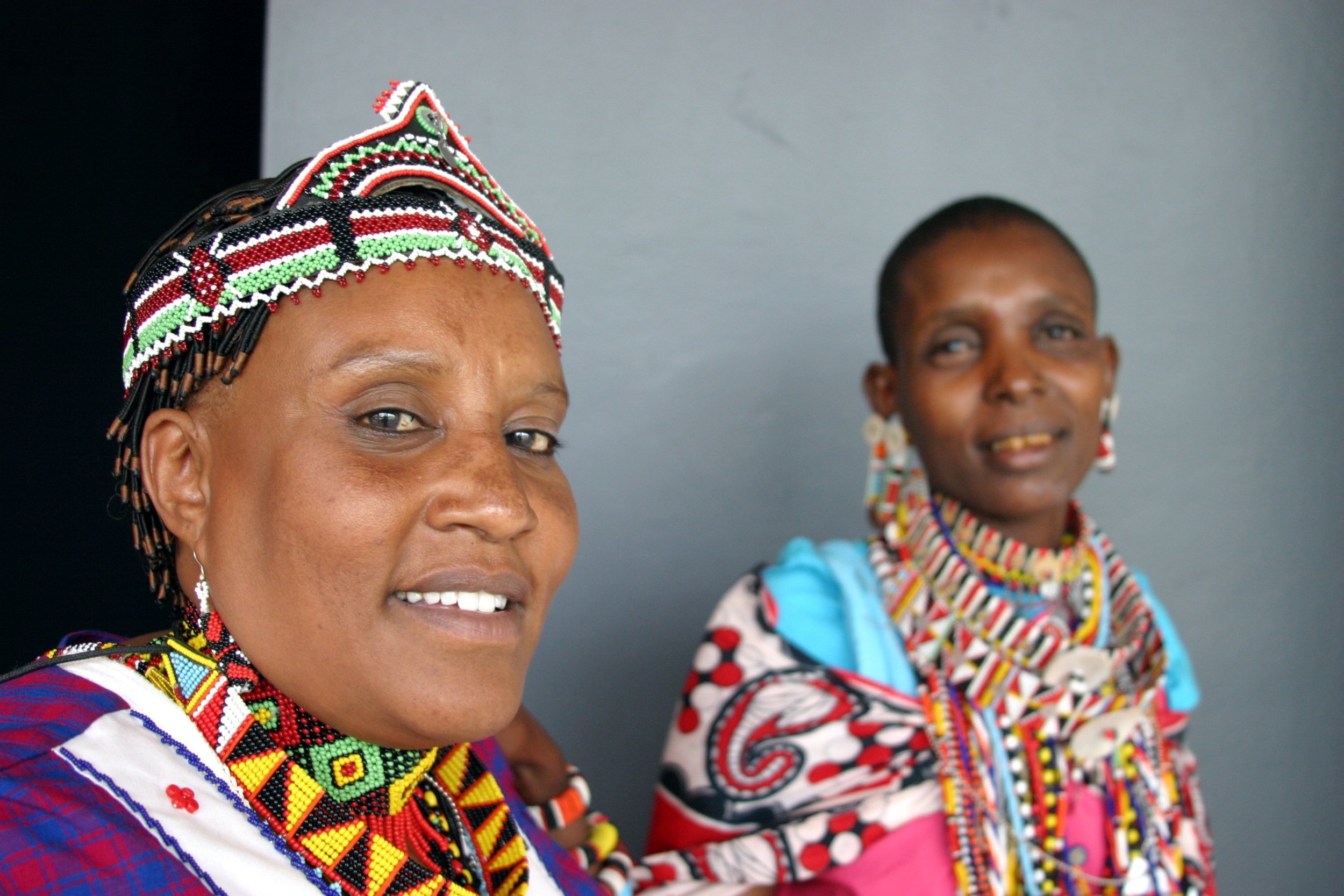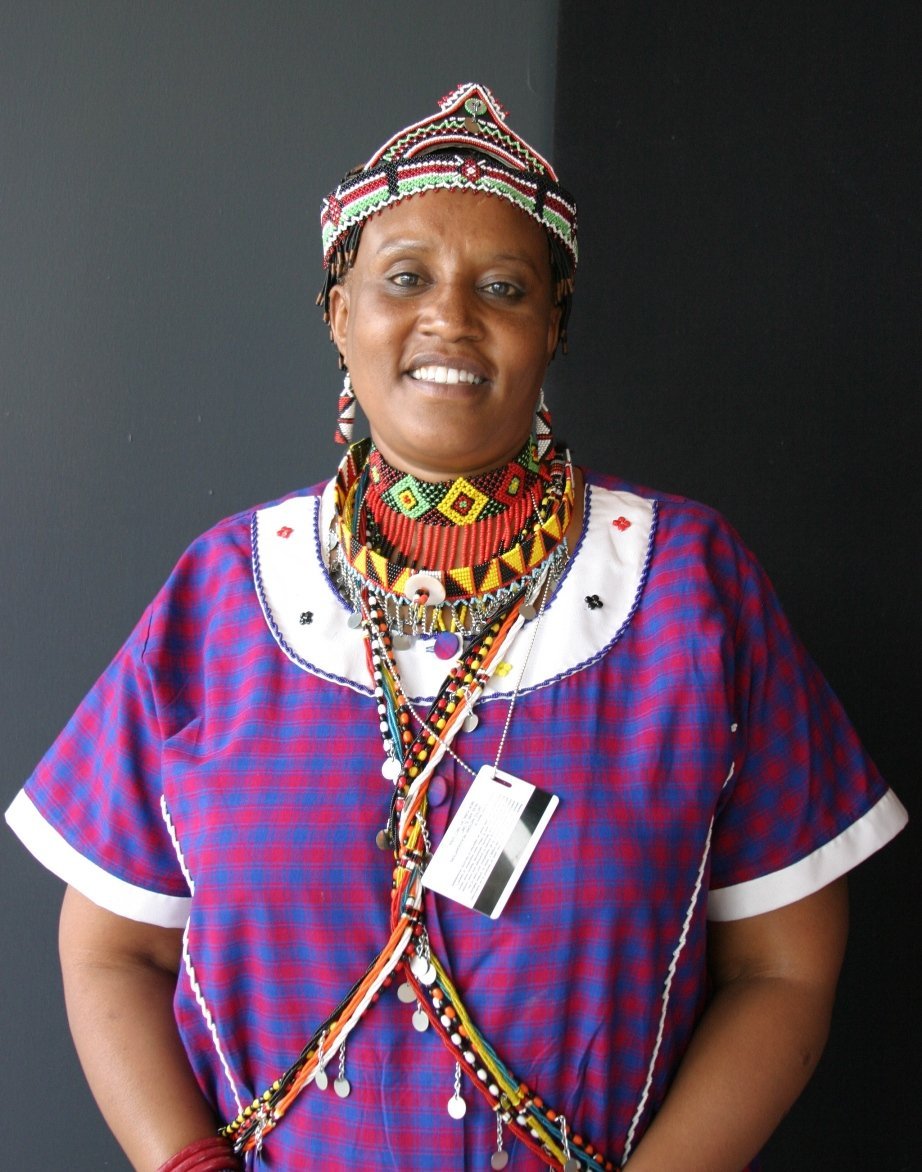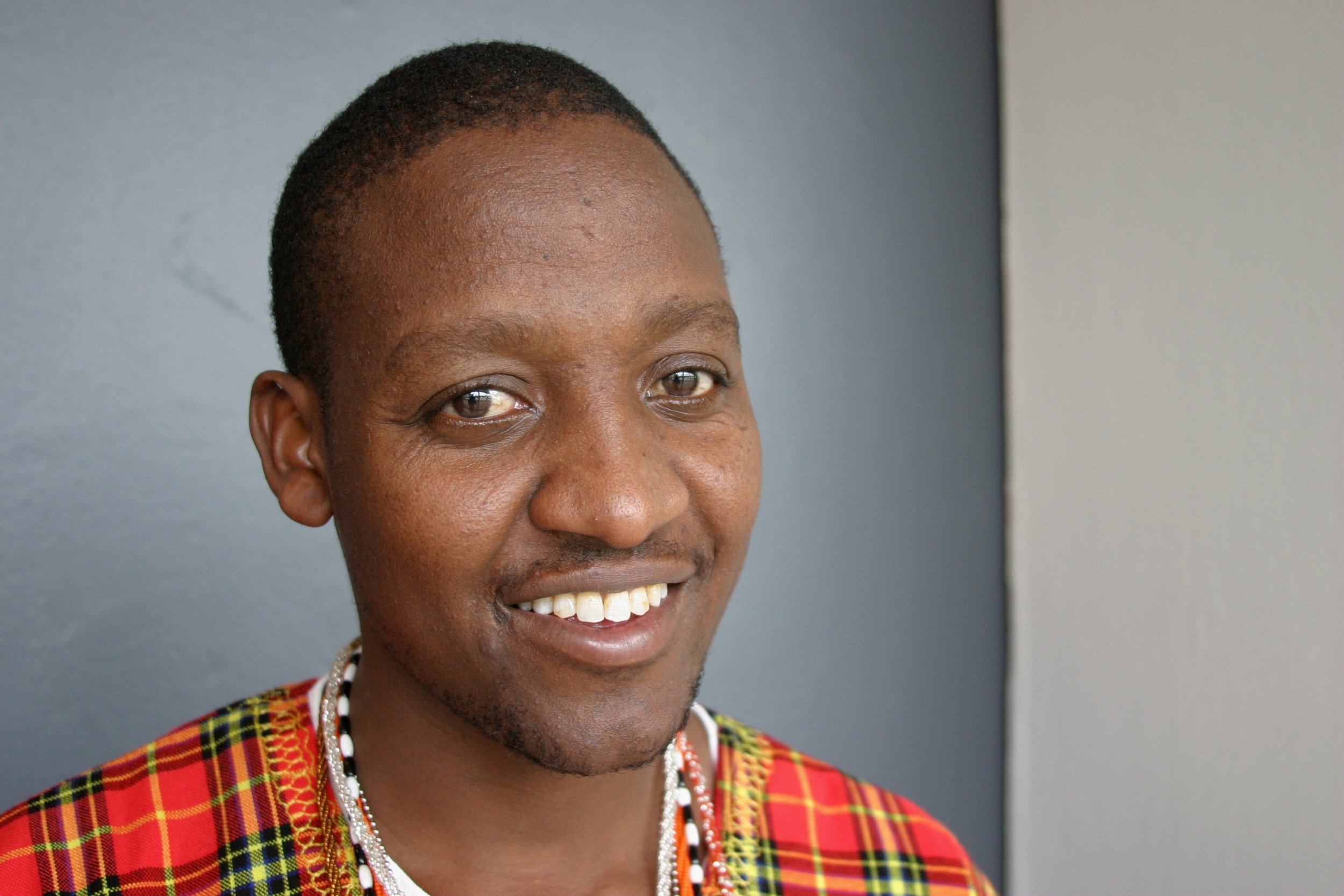Project Action
Project Action is a broad follow-up initiative to support alumni from the Project Access program who are ready to take the next step: identify, develop, and implement a project that addresses a key need of their communities. This might include providing assistance to help finance a local enterprise start-up; educational opportunities; or advanced mentorship.
Tribal Link’s Project Action Initiative has supported Project Access alumni to:
Obtain college degrees (Daniel Salau and Samwel Naikada from Kenya);
Attend fellowship programs (Athili Sapriina is the first Indigenous Fellow of the Columbia University Human Rights Advocates Program);
Study English as a Second Language in New York (Tuwe Huni Kuin, from the Huni Kuin peoples in the Brazilian Amazon);
Learn film-making and editing (Tuwe Huni Kuin);
Engage in local politics (Mary Simat, Maasai, Kenya);
Support a workshop on women’s entrepreneurship (Kenya),
Tribal Link retains a regional network of Project Access Alumnus who have agreed to mentor current and future graduates as they work to bring to fruition projects they have identified for their community.
Upon advancing through one of Tribal Link's programs, participants become part of the Tribal Link community. As such, they are afforded through the organization’s team, individualized counsel and support.
Each member of the Tribal Link community is able to call upon the organization and their fellow Indigenous Peoples within the network for a variety of needs. Individualized support is provided on an as-needed basis and may include but is not limited to:
Scholarships or fellowships;
Support to attend meetings;
Small funding for workshops;
Policy, Grant Writing, and Legal Advisory Services;
Business Skills Mentorship;
Communications Training;
Networking, etc.
Tuwe huni kuin, huni kuin peoples of the river humaita, brazil
Tribal Link first met Tuwe in 2006, at the Conference of the Parties of the Convention on Biological Diversity. It was there that he expressed the desire to one day come to New York and learn English. We were able to make his dream a reality in 2011, when he received a tailor-made fellowship to spend a year in New York City, learning English as well as film-making.
ATHili anthony sapriina
Executive Member, Naga Peoples Movement for Human Rights
Athili Anthony Sapriina is a member of the Naga, who live in the far northeast of India and in Myanmar’s northwestern division. In India, where he resides, Athili says he is easily recognized as Naga and is thereby racially abused. “India looks at us [the Naga] not as Indian, but as Chinese,” he explains, and he has struggled with his identity himself. “My relatives wanted me to join the civil service, but I felt there was no future with India,” he says. The home of the Naga people in northeast India has been the scene of a long internal struggle between India and the Naga, who have been seeking independence since the flight of the British from India after World War II. “India’s economic growth is attacking our existence,” Athili says. “While the guns have fallen silent [for now], rivers are being dammed and forests destroyed in the name of security.” Athili has also been acting to combat a psychological war against the Naga people. “Media is used to stifle the Naga movement,” he explains. Working as a journalist since 2003, he has also witnessed the influx of non-Naga elements in Naga youth networks on Facebook, intended to confuse the youth about their identity. “I want to expose this,” he announces, “but to do so is to risk my life.” Emboldened by the struggle of the Naga and discrimination he has faced, Athili has become an advocate for the rights of Indigenous Peoples. He has been serving with the NGO Naga Peoples Movement for Human Rights since 1995, seeking to defend the rights of the Naga to live as a free people. Adhering to the UN Declaration on Rights of the Indigenous Peoples, which grants the right of self-determination “is one of the surest ways to peace,” he affirms. “This is what I want for the Naga.”
Photo of Tuwe Huni Kuin by Tecendo Saberes






